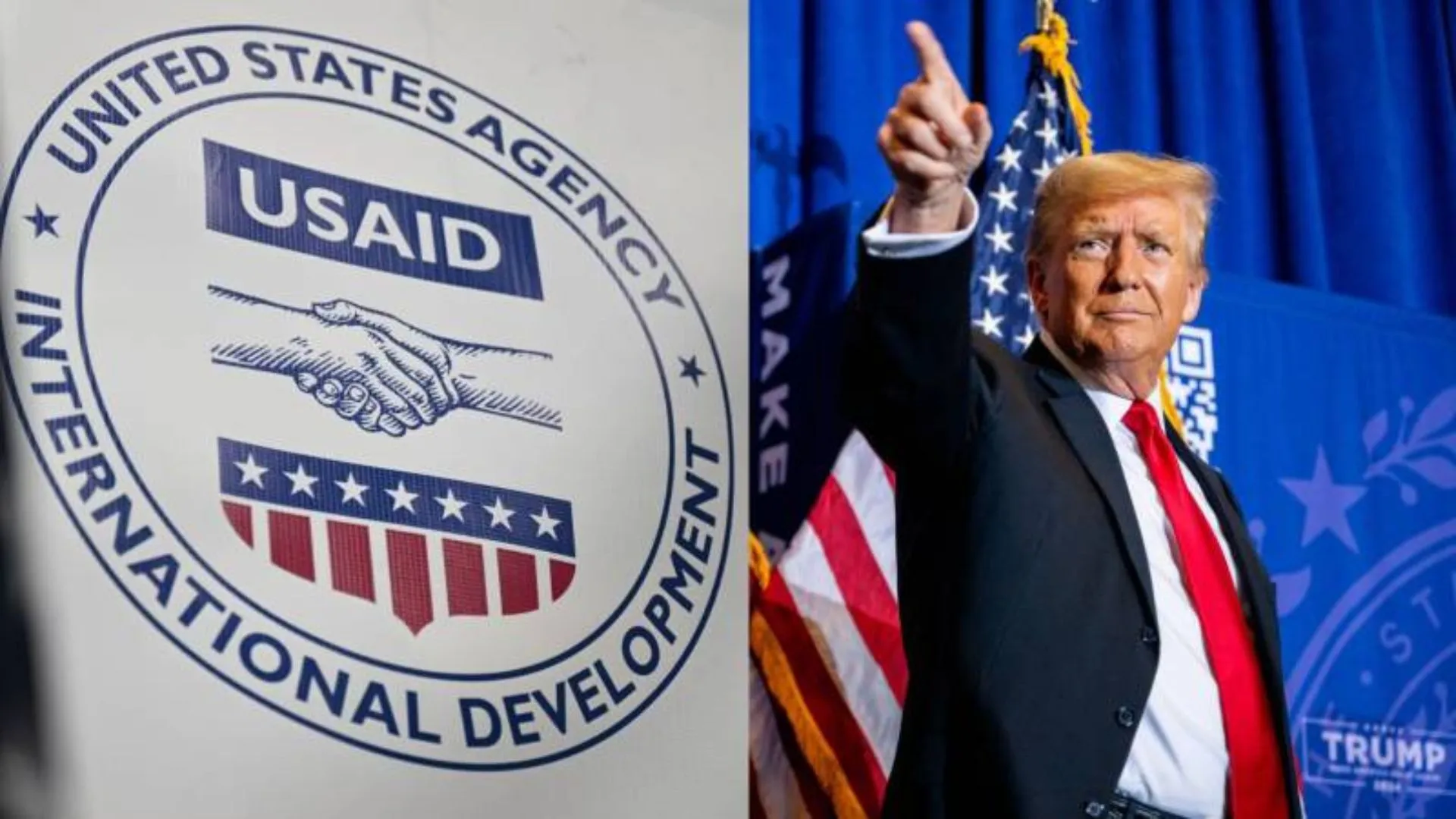The Trump administration has formally requested congressional approval to restructure the United States Agency for International Development (USAID), igniting controversy over executive power and foreign aid priorities. The proposed changes come amid constitutional challenges against President Donald Trump’s previous efforts to dismantle the agency.
A Shift in Foreign Aid Strategy
On Friday, Secretary of State Marco Rubio announced the administration’s intention to integrate USAID’s independent functions into the Department of State. The move, he stated, is designed to align U.S. foreign assistance with national interests.
“We are reorienting our foreign assistance programs to align directly with what is best for the United States and our citizens,” Rubio declared on social media. “We are continuing essential lifesaving programs and making strategic investments that strengthen our partners and our own country.”
Despite these assurances, critics argue that the administration is overstepping its authority by dismantling an agency established by Congress. Concerns have been raised that such a move could undermine USAID’s ability to deliver critical international aid.
Layoffs and Legal Disputes
State Department spokesperson Tammy Bruce addressed the reorganization plans in a press briefing, confirming that USAID’s functions will be realigned by July 1, 2025. She also sought to allay fears regarding the country’s ability to respond to international disasters, such as the recent earthquakes in Myanmar and Thailand.
“We are ready to move now. So there has been no impact on our ability to perform those duties, those requests for aid if and when they come in,” Bruce assured.
However, the restructuring has already resulted in significant workforce reductions. An internal memo obtained by U.S. media revealed that most USAID positions—except those required by law—would be eliminated. In February alone, 1,600 employees were laid off, and the agency’s Washington, D.C., headquarters was shuttered. Remaining staff were given limited access to retrieve their belongings before the offices closed.
Bruce acknowledged the layoffs, stating, “With any major change, there’s going to be disruption… We’ve been waiting for this conclusion. It has arrived.”
Court Battles and Uncertain Future
The drastic cuts to USAID have sparked legal battles. Earlier this month, a federal judge ruled that Elon Musk, who leads the Department of Government Efficiency (DOGE), “likely violated the United States Constitution in multiple ways” by overseeing USAID’s dismantling. Judge Theodore Chuang stated that Musk and DOGE had deprived Congress of its authority to decide the agency’s future. He issued a temporary injunction to halt further staff and contract cuts.
However, a federal appeals court overturned the injunction on Friday, allowing DOGE to proceed with the restructuring. Musk, a key figure in Trump’s campaign against government inefficiency, previously boasted about his role, saying he was involved in “feeding USAID into the wood chipper.”
With legal challenges ongoing and congressional approval still pending, the future of USAID remains uncertain. While the Trump administration maintains that the reorganization is necessary for efficiency and national security, critics warn that the move could severely impact U.S. foreign aid programs and international relations.
ALSO READ: Utah Makes History: Becomes First US State To Ban Fluoride In Public Drinking Water























